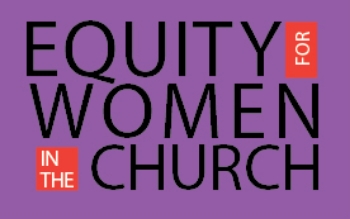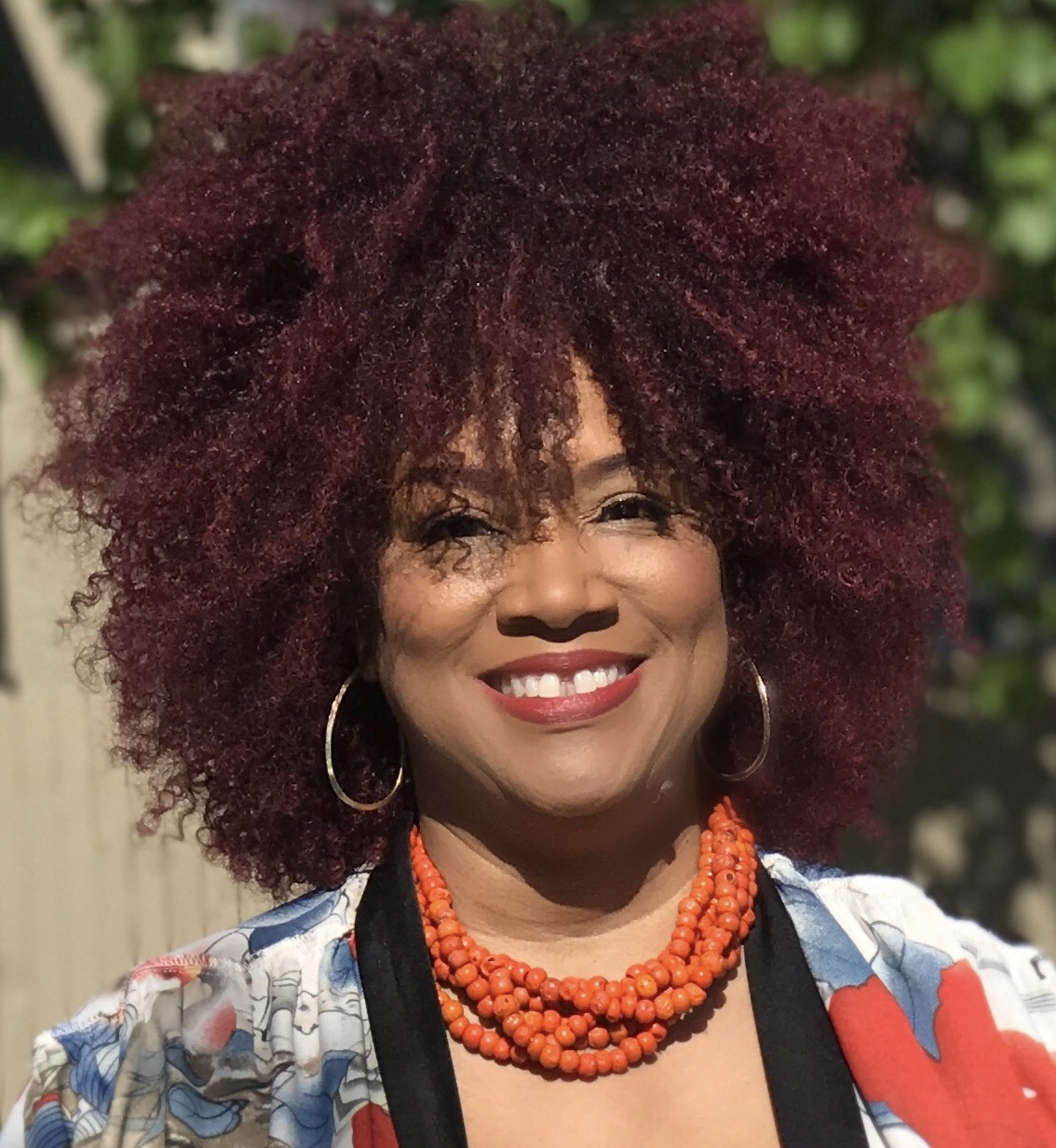Rev. Dr. Irie L. Session, Co-Founder and Co-Pastor of The Gathering, A Womanist Church in Dallas, Texas is also a social and spiritual entrepreneur. With over 30+ years providing social services and ministry, Dr. Irie is committed to doing whatever she can wherever she can to help create a more just church and society.
Like many women raised in a Christian church I was taught certain things about my body. Much of what I learned had the word don’t in front of it.
Don’t wear your dresses too short.
Don’t wear your pants too tight.
Don’t sit with your legs too far apart.
Don’t show your cleavage.
And don’t wear too much lipstick, especially not red lipstick.
As I would study the Bible in search of the “right ways” to handle my body, particularly as I began to think about marriage, there was one biblical passage that caused me a great deal of consternation and confusion. In 1 Corinthians chapter 7 Paul writes these words, “the wife does not have authority over her own body, but the husband does.” The message this scripture communicated to me was that as a woman, “your body isn’t yours.” Now you have to understand, as a survivor of childhood sexual abuse, and a Black woman whose great great grandmother was enslaved, the idea of not having power over my own body, and it belonging to someone else, particularly a man, was problematic for me. Here’s why.
One of the many adverse consequences of surviving sexual trauma, especially as a child, is feeling not in control of one’s own body. What I mean is this, if in a person’s first sexual experience they were unable to give consent, if their bodies were imposed upon, it is likely they will grow up with a belief that when certain persons want their body, they cannot say no. In other words, they don’t have bodyright - the authority to decide what happens to one’s own body. Others, typically people viewed as more powerful than they, are the ones who have rights to the bodies of survivors of sexual abuse. It’s learned powerlessness. So, even though a survivor may want to say no, they feel powerless to do so. Their bodies can be screaming NO I DON’T WANT THIS, but nothing comes out of their mouths. Because early on, when their bodies were imposed upon, they were silenced, rendered powerless, unable to give consent. Similarly, as a woman who is also Black, I experienced sexual trauma at the intersection of gender and race. Black women’s bodies have historically been less valuable than the bodies of non-black women.
So, although I found the 1 Corinthians 7 scripture problematic, at least the way it had been interpreted and applied, in order to be a “good” Christian woman and wife, I submitted to what I had been taught; I did not have authority over my own body. My ex-husband did . It mattered not if he was verbally and physically abusive to me; if and when he wanted my body, it was my responsibility, no matter how I felt emotionally, to make it available to him. And each time I did that, each time I handed my body over to him following an abusive verbal assault or violent tantrum, I died a little inside. But that’s the nature of patriarchy. It’s death dealing.
In the church of my baptism, the virus of patriarchal privilege (where male desire, ideology, and perspectives are centered and normative) infected all biblical teaching. Women’s voices, in and out of the biblical text were marginalized. It has taken over thirty years for me to, with the help of the Holy Spirit, and a sistership consisting of womanist and feminist biblical scholars, theologians, preachers and colleagues, come to voice. I wish I could say, that the virus of patriarchal privilege, and it’s attendant patriarchal Christianity has been flushed completely out of my psyche. But, because it persists, it’s a daily cleansing.
The Christian Church has adopted a patriarchal Christianity whereby Paul’s words to the Corinthian church have been used as a means of controlling the bodies of women and girls. What is most heartbreaking, is that men are not the only persons who adhere to patriarchal Christianity. Women who’ve been fed a steady diet of this unhealthy theology from a child have also internalized it; these church women will all too often fight tooth and nail to hold on to it.
For the past thirty plus years I have committed my life and ministry to dismantling what I call PMS (patriarchy, misogyny, and sexism). One of the most effective ways I’ve found for eradicating PMS, particularly among those who claim to be followers of the life and teachings of Jesus Christ, is re-telling biblical stories and narratives through womanist biblical interpretation. Womanist theology and interpretation saved my righteous mind. Womanism enabled me to see myself as a woman who had been sinned against by a system that marginalized my very being as a Black woman. Womanism helped me understand the many ways I had internalized the lie that by virtue of my race and gender I was worthless and voiceless. Womanism gave me a clearer lens through which to view the world and my place in it. I am valuable, not despite my gender and blackness, but because of it. My gender and race give me a unique perspective from which to understand the world and the injustices therein.
Such an epistemology affords me and other womanists a unique advantage as change agents and transformative leaders. What’s beautiful about living at this intersection, despite the challenges, is knowing God made me that way. For all those living at the intersection of gender, race, and even class oppression, we have a story—something to say that the world needs to hear. Our voices and creativity are critical to the eradication of social injustice; we see the complexities and nuances of racism, sexism, classism, heterosexism and other isms that marginalize and oppress members of the human family of God. We are necessary.
(In referencing my ex-husband, I am speaking of the husband in my second marriage.)

